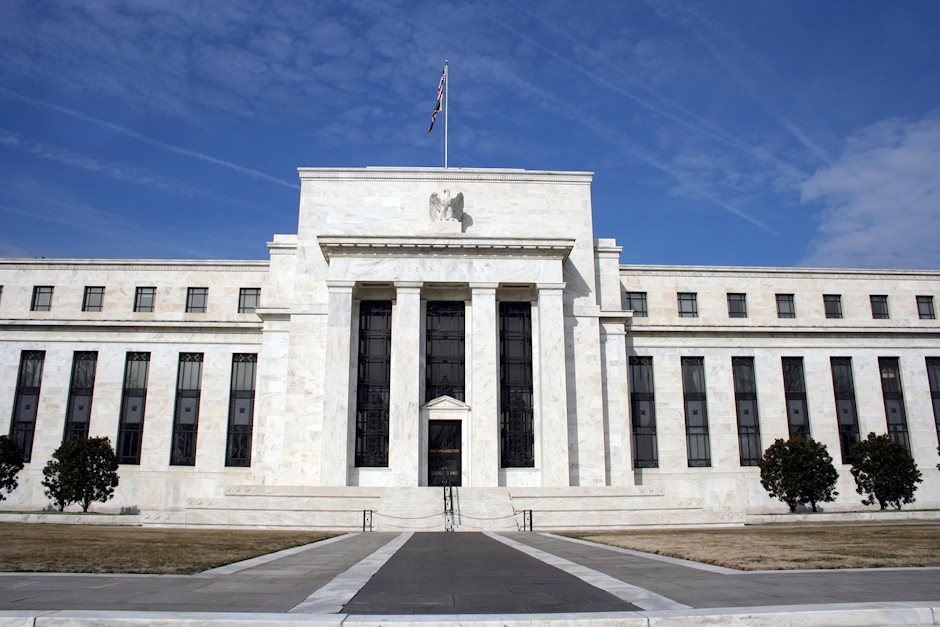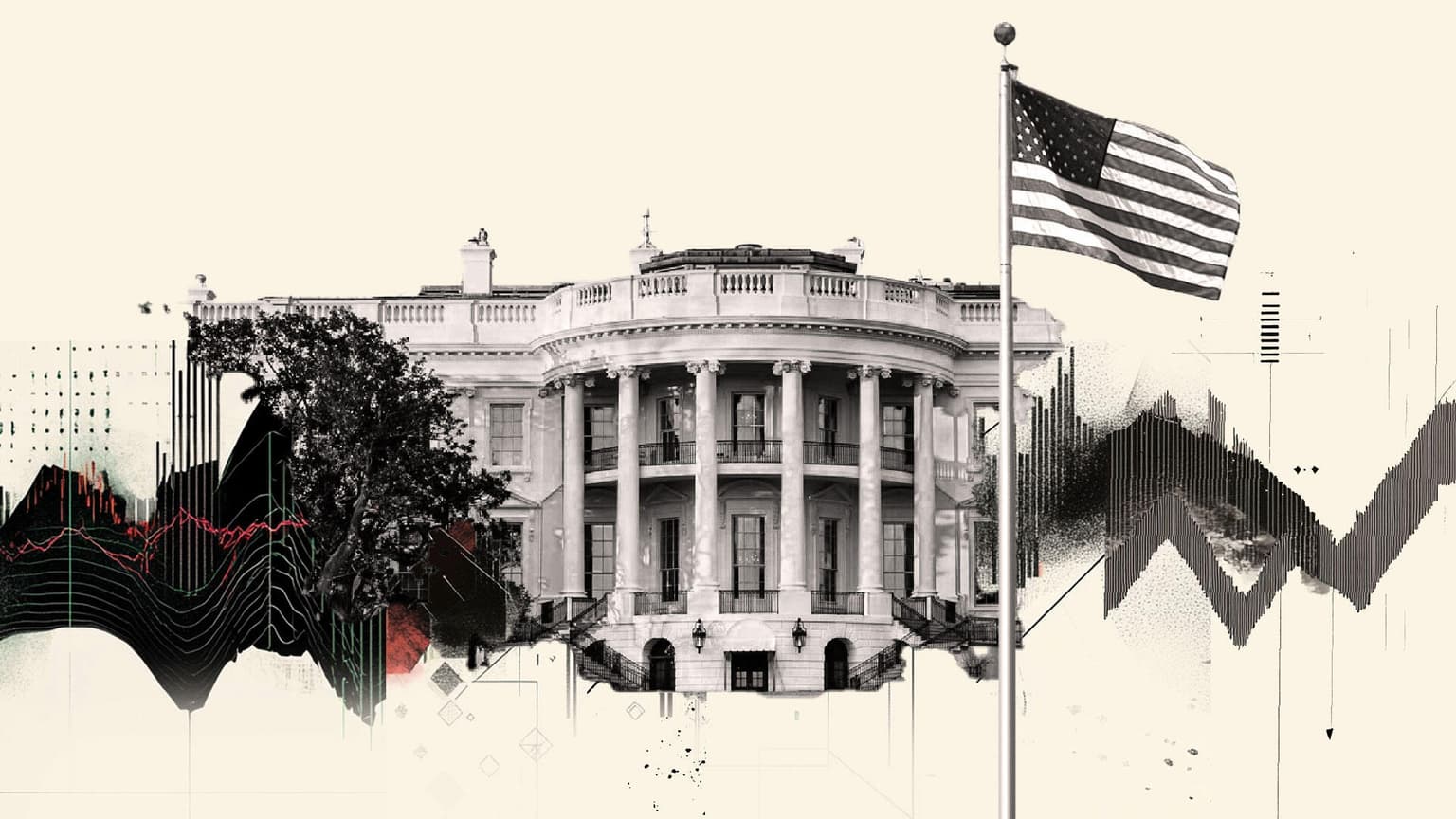When is a taper not a rate hike? Whenever the Fed says so

The questions around the primary topic in world markets continue to grow. Will the Fed announce the long-awaited taper of its bond program at its September meeting? How much depends on the August payrolls report in early September, on equity levels, on the pandemic, on global political tension? Join FXStreet senior analysts Yohay Elam, Eren Sengezer and Joseph Trevisani for a look at the swiftly changing market picture.
Joseph Trevisani: July's retail sales figures and August's consumer sentiment numbers – especially the latter – were grim.
Eren Sengezer: I agree with the premise that things have changed since the July policy meeting but I doubt it will have a noticeable impact on the economic outlook.
Joseph Trevisani: So far I agree, but if the August NFP numbers falter...I think the Fed will put off tapering.
Yohay Elam: EUR/USD has hit the lowest levels since November 2020 and the dollar is generally storming the board. So, a weak NFP could turn that around? Or will a risk-off mood send the greenback even higher? What's stronger, fear of taper or fear of growth?
Joseph Trevisani: it is possible we have a dollar safety move here...
Eren Sengezer: I think risk aversion could become the primary market driver but the USD could find it hard to outperform its rivals with bond yields pushing lower. Currencies like JPY and CHF could capitalize on that.
Joseph Trevisani: Not if it is a safety trade...that trumps all economic facts... With China escalating the rhetoric against Taiwan I don't think the yen is going to benefit as a safety.
Eren Sengezer: Yes, escalating tensions could keep JPY's gains limited. I'd still prefer it over the AUD and the NZD though. I think those two will suffer the most in the near term.
Yohay Elam: The Aussie and the kiwi are getting crushed. AUD/USD's refusal to rise in response to excellent Australian job figures is telling. Oil is at its lowest since May.
Joseph Trevisani: Australia and New Zealand are tied to China's economy. If tensions rise in the Taiwan Strait if China continues to threaten Taiwan. The AUD and NZD will get pummeled.
Eren Sengezer: I agree.
Yohay Elam: China is also dampening inflation, and more broadly, the fall in commodity prices could weaken price pressures. That could also prompt the Fed to delay tapering. Maybe the dollar is now at its peak or cresting, like inflation. I know that calling bottoms is a dangerous game...
Joseph Trevisani: Yes contrarian is the most dangerous word in trading. I have many stories on that one.
Yohay Elam: Do you think next week's Jackson Hole Symposium is going to be a critical event?
Joseph Trevisani: Last week I would have said yes. Now, after Afghanistan, I am not nearly so sure. Here is an interesting split. Equities are down 300 points in futures, anticipating rate increases, but Treasury yields are lower. Someone is wrong.
Eren Sengezer: How do you think the latest developments in Afghanistan will tie into the policy?
Yohay Elam: The pictures from Afghanistan adds to the gloomy mood, piling on top of weak Chinese data, the Delta variant and fears of tapering. But I don't think it has a significant economic impact, nor will it be a mood-dampener next week.
Joseph Trevisani: It breeds fears of other challenges to the US and Western interests. Taiwan I have already mentioned, but the Middle East, especially Iran is also possible.
Yohay Elam: Do you think it would have any immediate impact on Taiwan?
Joseph Trevisani: No, China has been escalating its war of words against Taiwan for some time, but I don't think a military threat is near. At least I hope not. The economic impact is from a fall in mood, in consumer spending here in the US and elsewhere. When people are worried they pull back spending. The perception of US weakness is a dangerous theme for international politics.
Yohay Elam: I believe the impact on US consumption will be minimal. American culture wars have a bigger impact on consumption, and the biggest impact on consumption depends on how much money Americans have in their pockets... The perception of US weakness began after the Iraq war. It's a very long process.
Joseph Trevisani: Perhaps, but in the US Afghanistan is part of the culture wars. Anyway, for markets, I am sure the US dollar's safety trade is undiminished. There is no real alternative.
Eren Sengezer: I doubt that geopolitical tensions will cause Chairman Powell to revise his speech for the Jackson Hole event. I also don't expect him to say anything shocking with regards to policy outlook. Having said that, I still expect the Fed to announce that they have started preparing for asset tapering in September.
Joseph Trevisani: I agree I do not think it will change. Facts on the ground might. The Fed preparation for tapering began at the April meeting and the minutes released on May 19.
Yohay Elam: I agree that the dollar is the king of the safety trade but maybe a drop in Core PCE coming just before Powell's speech could slow the tapering process.
Joseph Trevisani: I am expecting an announcement or at least the notice that an announcement is coming at the September FOMC.
Eren Sengezer: I wouldn't be surprised if policymakers were to adopt a flexible approach to asset tapering.
Yohay Elam: Flexible and perhaps vague, along the lines of "substantial further progress" which means different things to different people...
Joseph Trevisani: Which is precisely why the Fed used that phrase...it is undefined...or rather..it is defined by Fed actions.
Yohay Elam: "Creative ambiguity".
Eren Sengezer: I don't think the Fed wants investors to put too much weight on single data but it doesn't want to commit to a predetermined plan. So, taking the first step toward tightening and reassuring that the decision could be put on ice could be a logical move.
Joseph Trevisani: I don't think the Fed is concerned about inflation, not enough to let it change policy. The Fed has already chosen between inflation and growth. It chose last September with inflation averaging.
Yohay Elam: Indeed, the Fed is decidedly dovish and they prioritize employment at the expense of high inflation. Apart from Eren's suggestion about putting tapering on the table but on top of ice, they could also stretch the process for a long time, perhaps a full year. In recent comments, officials also separated between tapering and raising rates. That also helps prevent a "taper tantrum".
Eren Sengezer: Yes, that sentiment was clearly visible in July minutes: "A couple of participants also noted that a tapering of asset purchases did not amount to a tightening of the stance of monetary policy and instead only implied that additional monetary accommodation would be provided at a slower rate."
Joseph Trevisani: It is an interesting verbal dodge, tapering is raising rates.
Yohay Elam: I think the minutes reflect a big split within the FOMC. Perhaps that adds to uncertainty and to the damp market mood. The Fed provided more certainty earlier in the year.
Joseph Trevisani: I think the Fed would love to reduce its bond purchases and see no change in Treasury rates. Is this possible?
Yohay Elam: Only if they go extremely gradually.
Joseph Trevisani: Even then I don't think it possible. The endgame is still the same.
Yohay Elam: The 10-year yield peak earlier this year was 1.77%. We're currently far from that. I think that an increase to 2% would be OK, so the Fed has room.
Joseph Trevisani: The idea that an economy growing at 6.5% annually needs 10-year Treasury yields at 1.25%, is, shall we say, novel. I agree on 2%, the Fed's concern is how to get there. The Treasury market is not known for its timidity.
Yohay Elam: At 1.25% on the 10-year, even a scary leap would not easily deter the Fed. However, if stocks fall by 10%, that would halt tapering. I don't think that would happen, as the taper talk has been going on for a long time.
Eren Sengezer: You don't think tapering will trigger a deep correction in stocks?
Yohay Elam: I think markets are ready and the Fed would cushion such a message. And if stocks fall, the Fed could always pause. I find it hard to see the S&P fall under 4000.
Joseph Trevisani: Depends on whether the economy is growing's or not.
Yohay Elam: Growth at 6.5% seems unsustainable, but do you foresee a recession on the horizon?
Eren Sengezer: A decline in growth for two consecutive quarters? I highly doubt that.
Joseph Trevisani: No I do not see a recession but the unknowns are growing...
Yohay Elam: I'll put the rosy glasses on. I think US inflation has peaked and that the chip shortage will be resolved in the coming months. We'll move from fast and bumpy growth to a strong and steady one.
Eren Sengezer: Do you think that the housing market dynamics will have a major impact on the economy? Rents are going up at a very strong pace. That could have a lasting impact on inflation.
Yohay Elam: Indeed, housing is an issue, and I am not sure if it is a temporary supply issue or something bigger.
Eren Sengezer: "The first half of 2021 has seen the fastest growth in rent prices since the start of our estimates in 2017. Our national rent index has increased by 11.4 percent since January. Prices are up by 10.3 percent compared to this time last year and up 9.4 percent compared to the pre-pandemic level from March 2020," says apartmentlist.com.
Joseph Trevisani: I agree that inflation has peaked...the problem is that the continuation is going to be 3.5% to 4.5%...for many months...the structural problems revealed by the pandemic are going to be harder to remedy than we think... For instance, the labor shortage is not shrinking, it's growing.
Yohay Elam: Your latest comment Joseph circles back to the importance of August's Nonfarm Payrolls. Perhaps a make-or-break for the Fed, and also a critical gauge of the economy's state. For traders, it means action.
Joseph Trevisani: I think it does. If August NFP is strong, Fed taper plans remain on track, if not...there will be no taper this year.
Eren Sengezer: I also think a strong NFP in August will confirm tapering this year but we still have the Jackson Hole Symposium before the jobs report. Depending on Powell's tone, the market reaction to a weaker-than-expected print could be short-lived.
Yohay Elam: So, the NFP is critical and Powell will shape the market reaction.
Joseph Trevisani: I think Powell will tread water in a week. The July sales and August sentiment numbers are hardly a trend but neither are they irrelevant. I don't think the Fed is ready to commit, especially since the FOMC is not until the end of next month.
Eren Sengezer: If Powell mentions the skills mismatch and many retirements as ongoing issues in the labor market in his speech, August's NFP by itself may not be enough to change investors' minds about tapering. So, the September policy meeting will be key in my opinion.
Premium
You have reached your limit of 3 free articles for this month.
Start your subscription and get access to all our original articles.
Author

FXStreet Team
FXStreet
















